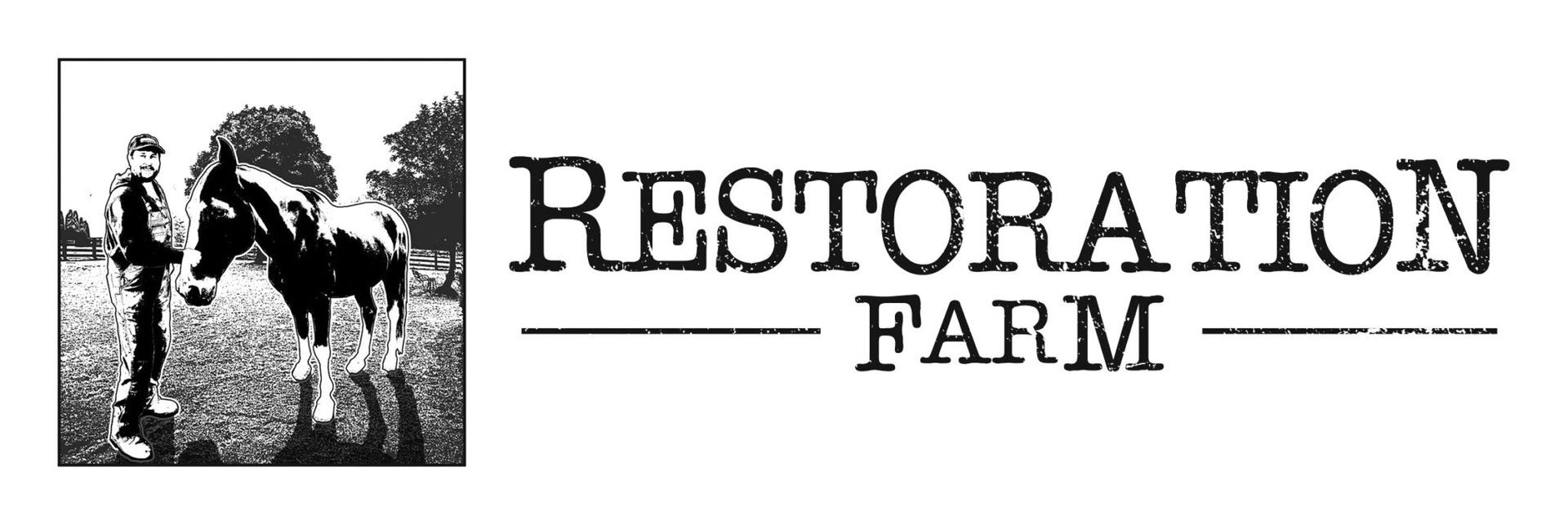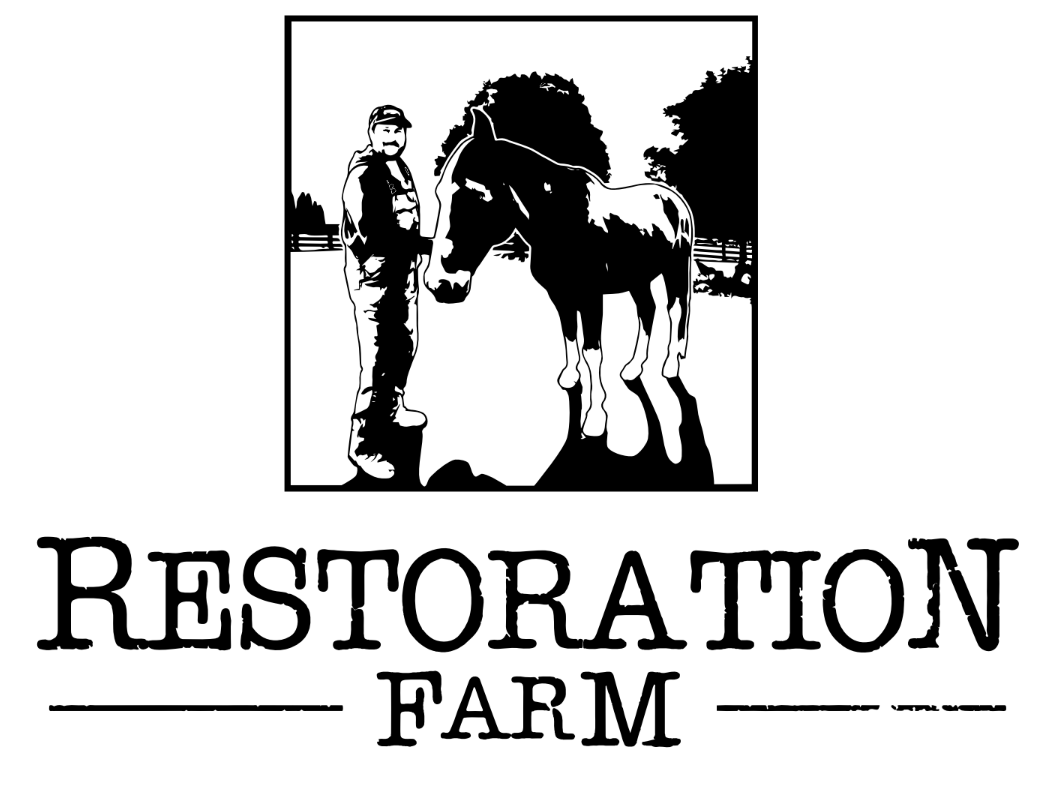Vital Facts & Stats
Education and Awareness Can Save Lives
We know this isn't the most pleasant topic to think about or discuss. But early detection is your best chance of surviving prostate cancer. That's why education and awareness was so important to Jason.
Men of 35 years or older, if you have a family history of prostate cancer, or if you have symptoms noted below, it is imperative to see your doctor and consider testing.
"Protect yourself from early-onset prostate cancer. Even a baseline test may be useful later"
Symptoms of early-onset prostate cancer include:
- frequent, and painful urination
- blood in the urine, or semen
- erectile dysfunction
- pain in the pelvis, hips, thighs, or lower back
Take Action!
Because of Jason’s experience, and at his recommendation, a friend got tested and was diagnosed and treated before it was too late. He is cancer free today because he listened and acted. Please don't wait!
Key Facts from the American Cancer Society
- Prostate cancer is the second leading cause of death among men in the U.S.
- Expect 250,000 new cases in 2021
- Predicting 34,000 deaths in 2021
- 1 in 8 men will contract PC in their lifetime
- 1 in 41 men will die of PC
- African American men more likely than others to contract PC
- Early onset cases increased in the last decade
Prostate Cancer FAQs
How common is Prostate Cancer?
Can Prostate Cancer be found early?
According to "Cancer.org", Prostate Cancer can often be found early by testing for prostate-specific antigen (PSA) levels in a man’s blood. Another way to find prostate cancer is the digital rectal exam (DRE). For a DRE, the doctor puts a gloved, lubricated finger into the rectum to feel the prostate gland.
Are some men more likely to be diagnosed with Prostate Cancer?
The chance of being diagnosed with prostate cancer increases rapidly after age 50. About 6 in 10 of all prostate cancers are diagnosed in men over the age of 65.
For Black men, 1 in 6 will develop prostate cancer and are more than twice as likely to die from the disease.
Prostate cancer is among the most heritable of the major human cancers; It is estimated that more than half (57%) of prostate cancer risk is due to genetic factors.
Where can I find more information about Prostate Cancer and the different treatment options available? Expand
Additional information about prostate cancer can be found through:
https://www.cancer.org/cancer/prostate-cancer.html
What is the purpose of Tuck Restoration Farm? How is it connected to Prostate Cancer relief?
Restoration Farm Mission: To provide hands-on local support and encouragement to patients and/or their families during cancer diagnosis and treatment.
Restoration Farm was established to support families who are dealing with cancer in Cherokee County, Georgia and the surrounding area. We offer a place where they might restore themselves through visiting with our sweet farm animals on a farm tour, fishing, and kayaking in a peaceful place, away from the chaos. We also serve our families by home cleaning, yard maintenance, small bill assistance and in many other ways to help during their battle. We have been there and want to be there for you.
What should you do if you or someone you love has just been diagnosed with Prostate Cancer?
When you receive a diagnosis of prostate cancer, you may experience a range of feelings — including disbelief, fear, anger, anxiety and depression. With time, each person finds his own way of coping with a prostate cancer diagnosis.
Until you find what works for you, try to:
Learn enough about prostate cancer to feel comfortable making treatment decisions. Learn as much as you need to know about your cancer and its treatment in order to understand what to expect from treatment and life after treatment. Ask your doctor, nurse or other health care professional to recommend some reliable sources of information to get you started.
Keep your friends and family close. Your friends and family can provide support during and after your treatment. They may be eager to help with the small tasks you won't have energy for during treatment. And having a close friend or family member to talk to can be helpful when you're feeling stressed or overwhelmed.
Connect with other cancer survivors. Friends and family can't always understand what it's like to face cancer. Other cancer survivors can provide a unique network of support. Ask your health care providers about support groups or community organizations that can connect you with other cancer survivors. Organizations such as the American Cancer Society offer online chat rooms and discussion forums.
Take care of yourself. Take care of yourself during cancer treatment by eating a diet full of fruits and vegetables. Try to exercise most days of the week. Get enough sleep each night so that you wake feeling rested.
Continue sexual expression. If you experience erectile dysfunction, your natural reaction may be to avoid all sexual contact. But consider touching, holding, hugging and caressing as ways to continue sharing sexuality with your partner.
What are the CDC stats about Prostate Cancer?


